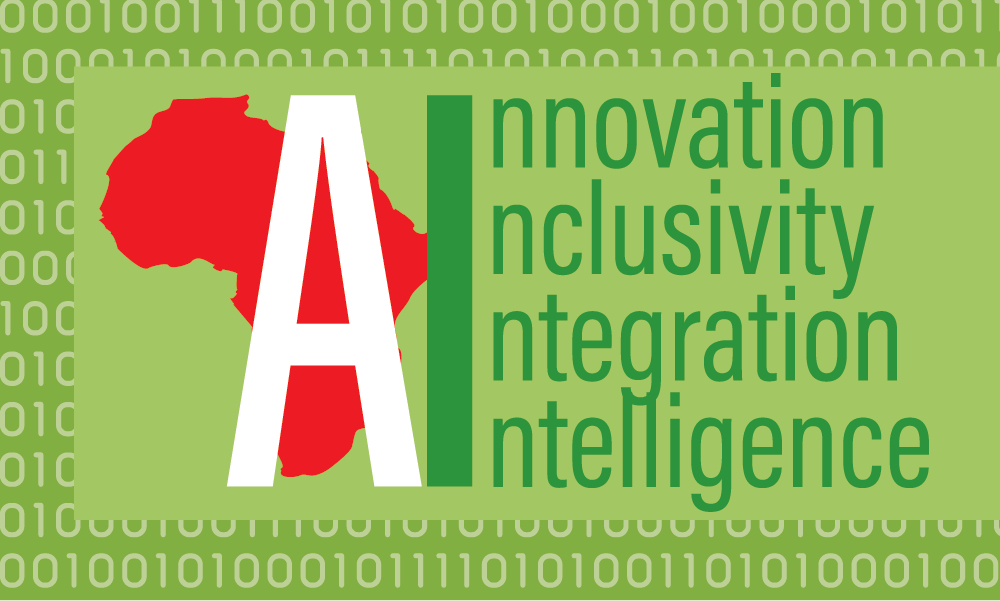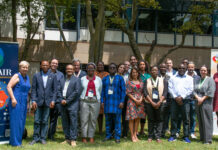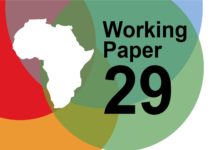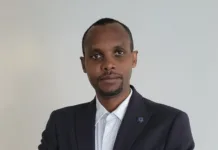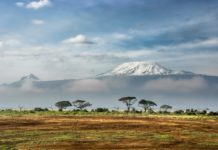In Canada, Open AIR’s hub is located within the Centre for Law, Technology and Society (CLTS) at the University of Ottawa (uOttawa). The Canadian hub of Open AIR mainly conducts research on the intersection of AI with the topics of gender and IP. These activities are driven by strong partnerships across Open AIR hubs and emerging projects with private sector.
A key area of research interest is the gendered perspective of IP and AI in Africa. One member of Open AIR’s New and Emerging Researchers Group (NERG), Akkila Thirukesan, has been conducting preliminary research into the areas of AI, IP, and gender. This past year, she travelled to the IP Unit in Cape Town, South Africa, where she spent a month as a visiting student, engaging with professors, PhD, and LLM students, learning their insights on South Africa’s IP system. Her preliminary research has concluded that more focus has to be placed on the integration of diverse perspectives, specifically of women, in order for AI to beneficially contribute to Africa’s innovation and growth. The absence of such perspectives could lead to AI contributing to inequality, not reducing it. Akkila wrote a blog post for Open AIR about her initial understanding of this topic, as well as an upcoming post about several interviews she conducted while at UCT. Since then, she has been working cross-continentally with our partners in Cape Town, joining a gendered balance research team in the areas of AI, IP, and gender in Africa.
In addition, others at the uOttawa hub are exploring other IP issues around AI. PhD student Sarit Mizrahi, for example, is in the midst of writing a doctoral thesis on copyright in machine-authored works. By learning from the research at other Open AIR hubs, de Beer and his team are finding lessons for Canadian AI policies. Further, in early 2020, uOttawa will host the renowned We Robot conference. This will be the first time this interdisciplinary gathering will take place outside of the United States. Open AIR network members plan to participate and hope to inject distinctly African perspectives into the global discussions on AI-related academic and policy issues.

